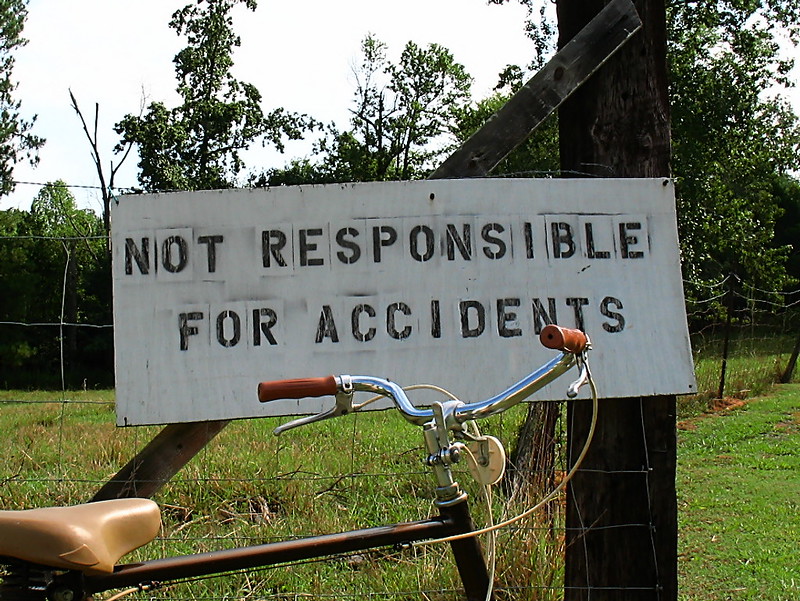Florida Court Approves Exculpatory Clause in Workers Compensation / Third Party Negligence Scenario (Merlien v JM Family)
- By : Cbh
- Category : Clauses from Contracts

Florida’s Fourth DCA issued an opinion upholding an exculpatory clause on the grounds that the clause lacked a preamble which would create a fatal ambiguity and because it did not violate the Workers Compensation Statute. This case is instructive even if workers comp is not at issue in your case.
In Diveston Merlien v. JM Family Enterprises, Inc. (“JM”), Sheridan 441, LLC, and Bendles Rentals, LLC, the Plaintiff (Merlien) was employed by a non-party security company and, at the relevant time, he was assigned to work at JM.
As part of his employment, the Plaintiff and the non-party employer entered into this agreement:
As a result, and in consideration of [employer] offering me employment, I hereby waive and forever release any and all rights I may have to:
- make a claim, or
- commence a lawsuit, or
- recover damages or losses
from or against any customer (and the employees of any
customer) of [employer] to which I may be assigned, arising from or relating to injuries which are covered under the Workers’ Compensation statues [sic].
The Court held that this is unambiguous and enforceable.
The Court distinguished this case from a 2013 case where the release was unenforceable because “the disclaimer was ‘qualified’ by the statement that the surgeon would ‘do the very best to take care of [the patient] according to community medical standards’; this rendered the “purported release” contradictory and ambiguous…”
Likewise, in an older 1981 case, the outcome was different because “the camp agreed to take reasonable precautions to assure the safety of the children, yet also sought to disclaim all liability. […] The court held this language to be ambiguous and contradictory because the camp ‘[b]y their own choice of language . . . agreed to take reasonable precautions to assure
[the child’s] safety.’”
This exculpatory clause in Merlien was enforced because, unlike the others, “the disclaimer at issue here does not contain a misleading preamble or otherwise suggest that either [the employer] or its clients will take responsibility for an employee’s safety when working at client facilities. The disclaimer is limited to injuries which are covered under the workers’ compensation statutes…”
In short, the Court essentially provided a checklist of what makes an enforceable exculpatory clause:
- Does it explain the rights released?
- Does it explain the beneficiaries of the release?
- Does it explain the situations in which this release applies?
- Does it violate public policy (here, because of the workers comp issue, this waiver extends only to negligent conduct and does not infringe on the public policy prohibition of waiving liability for intentional torts, as the waiver only extends to injuries covered by workers’ compensation”
For some background, we have covered prior exculpatory clauses here.
When drafting or litigating exculpatory clauses, it is important to (a) use prior court-approved wording; (b) ensure the clause fits within the rest of your contract; (c) ensure it fits with case law and statutes; and (d) ensure that there are no preambles or public policy issues.
Make sure you check with a knowledgeable lawyer in your jurisdiction who both writes AND litigates these issues and that they have direct experience fighting these issues in court.
Photo by Davetoaster on Flixr


